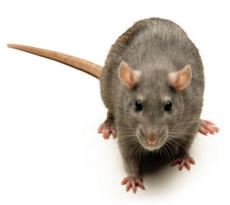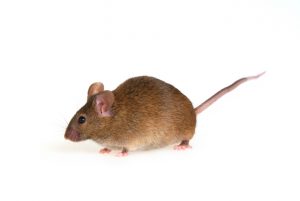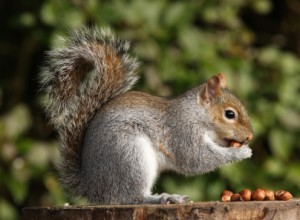Pests in Lofts
In Pests
Pests in Lofts:
Lofts are the source of many pest problems. At this time of year a common complaint is that people go into the loft to get the Christmas decorations down and they then discover mice have been gnawing or shredding paper. Squirrel infestations 90% of the time originate in lofts. In fact the majority of rodent infestations are reported in the loft. Wasp nests, moths, spiders and cluster flies are pests that are mainly discovered in loft spaces.


Rats and Wood Mice will be using the area for shelter and foraging outside for food where as House Mice will be living full time in the loft and eating insects, woodlice, spiders and any seeds blown in. If these rodents find food in any other part of the house then they will take advantage of this. The rodents will often follow the routes of pipes and cables which will lead to the kitchen. This can lead to contamination of foodstuffs and the possible disease implications. Even if this is not happening and the rodents are only using the loft space as a living area it is a potential health and fire risk (gnawing cables and contamination of water supply) to have rodents in a loft space.

Squirrels use a loft space for nesting or resting. They are territorial animals and a family may have several dreys in the territory and lofts paces are treated as dreys which are inhabited at different times. When they inhabit a certain drey within the territory depends on temperature and or food supply in the area.
Cluster Flies will use loft spaces for hibernation sites. Actually they will also be in the cavity walls but in most cases the cavities are sealed from the internal spaces so not noticed. People often assume some thing has died when they go into the loft and find hundreds or thousands of flies. They are only hibernating and are more of a nuisance than a health hazard.
Rats BPCA Advice
BPCA Squirrels information
BPCA Mice

